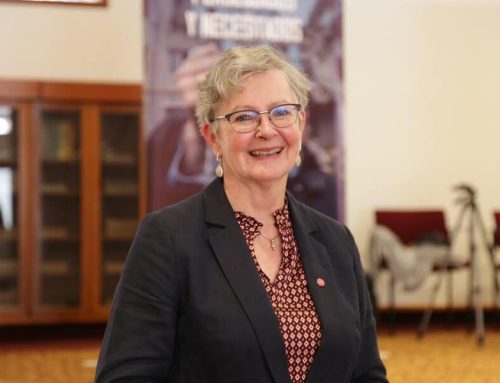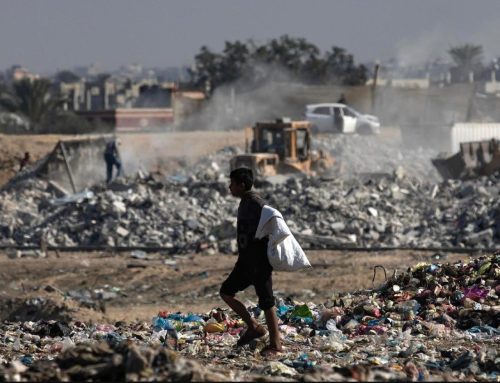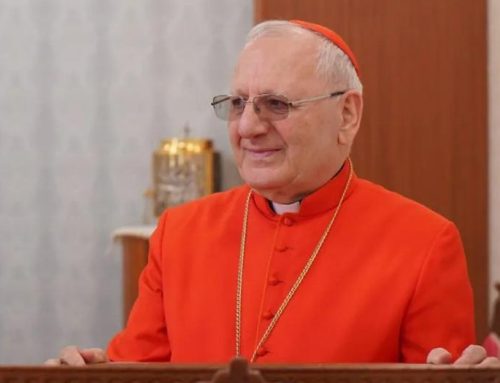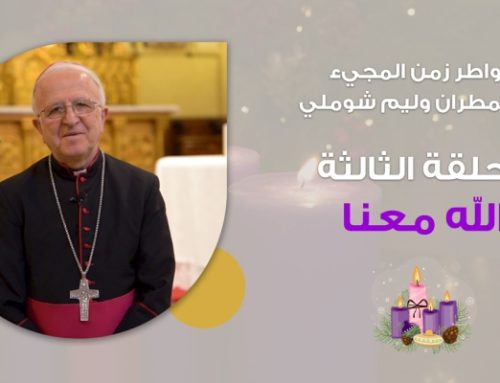Father Thomas D. Williams, LC
Zenit
Trying to Stay on Message Despite Criticism
We woke up this morning in Jerusalem to newspaper headlines decrying the supposed inadequacy of Pope Benedict’s remorse in his visit to the Yad Vashem Holocaust memorial Monday and in his meeting there with six Holocaust survivors. Complaints dealt more with omissions — what critics thought he should have said — than with what he actually said and did.
Despite his explicit remembrance of the Shoah in his first address in Israel and his unequivocal condemnation of anti-Semitism (“Every effort must be made to combat anti-Semitism wherever it is found”), a raft of reports claimed that he didn’t go far enough. Some took issue with the fact that the words “Nazi” and “murder” didn’t appear in his Vad Yashem address, while others felt that the Pope should have apologized for alleged Catholic complicity in the Holocaust. Others still blamed the Pope himself for having been drafted into the German army (though he later defected) and for showing too little emotion in his Yad Vashem speech.
One hardly knows where to begin in the face of this wave of criticism (I have only scratched the surface). It appears that some of the Holy Father’s hearers would not be satisfied with anything the Pope could say or do, short of falling on his face and begging the earth to swallow him up in utter shame. In return for what seemed to me a sincere and humble overture of peace and reconciliation, the Holy Father has been taken to task as if he were personally responsible for Jewish suffering in the world.
I struggled in vain to explain to several Israelis that the Pope isn’t an outwardly emotional man, so whatever outpouring of distress they expected from him just doesn’t correspond to his nature. I invited them to look more to the Pope’s personal decision to address this issue so frankly, and to visit the Holocaust memorial as the centerpiece of his first day in Israel (which he certainly wasn’t required to do), as evidence of his deep-felt concern. Unfortunately these arguments fell into a void.
Meanwhile, on the other end of the spectrum passions are running just as high. This morning I received a blistering email message from a Christian in Gaza who had seen me on the evening news and who strenuously objected to the nearly exclusive attention being given to the Jews in reports of this visit. His lengthy missive, titled “What about us?” enumerated a litany of complaints against the treatment of Palestinians by the state of Israel. “Maybe you forgot,” he wrote, “that Israel was built on the blood and on the homes of thousands of Palestinian Catholics and Christians.” He continued, “Maybe you forgot that Israel is building an apartheid wall, a way worse than Berlin wall and the South African one” — and so the letter continued on and on.
For just a moment I felt a tiny sliver of what the Holy Father must be experiencing as he tries to navigate the tremendously difficult shoals of high-strung religious sentiment that permeates this region. Like a spiritual tightrope walker, all he needs to do is lean slightly to the left or to the right and immediately he is labeled as insensitive or evil. Worse still, even when he does manage to strike the perfect balance, it still isn’t enough. It seems that many observers couldn’t care less about the Pope’s actual intentions for this pilgrimage or with the positive content of his message, and instead run all his words and actions through a microscope in the search for something with which to find fault.
Despite all this, the Holy Father seems remarkably poised and serene, testimony to the depth of his spiritual convictions and his abundant confidence in the grace of God to bring much good out of this journey. His days are literally filled with activities, sometimes a different venue every hour, and yet he perseveres with unflagging good spirits.
One person who at least ostensibly seemed more in sync with Pope Benedict was Israel’s president, Shimon Peres. In a striking passage of his welcoming address to the Holy Father, he seemed to capture better than anyone the importance of this apostolic visit. “Spiritual leaders can pave the way for political leaders,” Peres said. “They can clear the minefields that obstruct the road to peace. The spiritual leaders should reduce animosity, so that political leaders do not resort to destructive means.” To those who criticize the papal trip as being ineffective and without “teeth,” Peres’ words seemed incisive and clairvoyant. “We do not need more armored vehicles,” Peres added, “but inspired spiritual leadership.” This is what Benedict is providing in spades to this troubled land.
On a far lighter note, I have enjoyed my frequent elevator rides throughout Jerusalem because of an ironic little plaque found inside. Rather that the Otis brand, elevators in Israel are predominantly manufactured by a company called Schindler. And since British English is used here, elevator riders are carried up and down, courtesy of “Schindler Lifts.”





